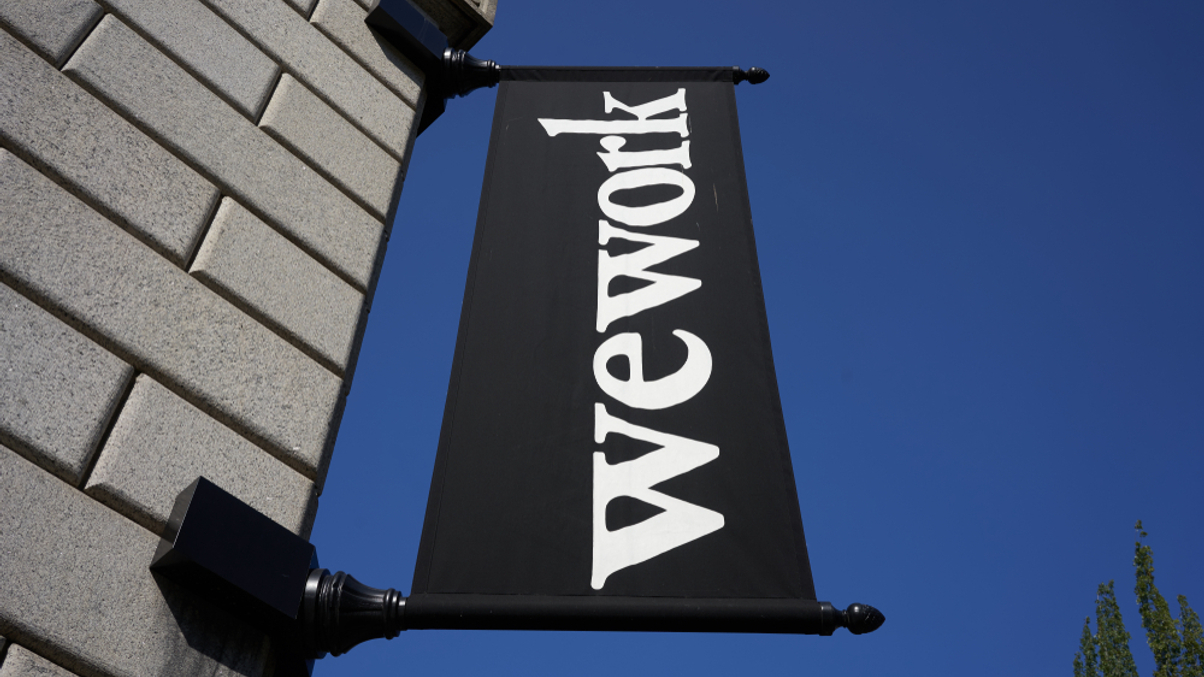Family offices survey Wework wreckage
In the aftermath of revelations about the co-working firm's poor governance, family office executives reflect on how private investments in disruptive companies should be made.

The joy of missing out, or 'Jomo', as Yash Mishra, head of private clients at Taurus Wealth, put it, was her philosophy of investing in private equity when she allocates her multi-family office’s capital to the asset class.
Sign in to read on!
Registered users get 2 free articles in 30 days.
Subscribers have full unlimited access to AsianInvestor
Not signed up? New users get 2 free articles per month, plus a 7-day unlimited free trial.
¬ Haymarket Media Limited. All rights reserved.


